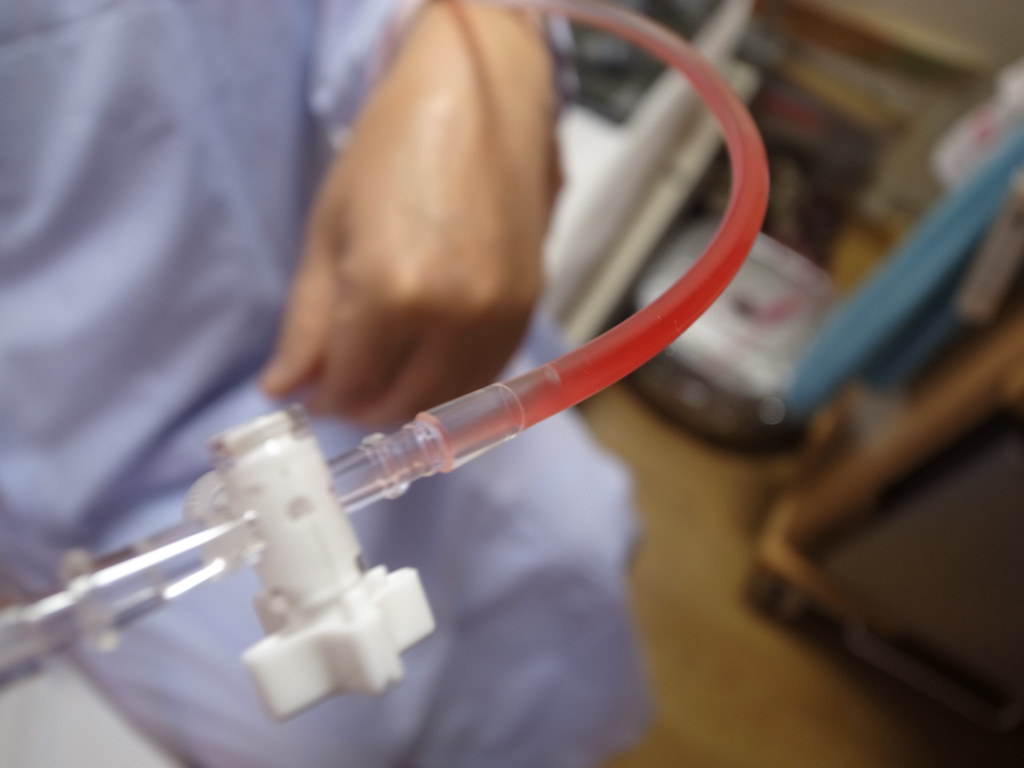AstraZeneca plc (LON:AZN) and Daiichi Sankyo’s Enhertu (trastuzumab deruxtecan) has been approved in the US for the treatment of adult patients with unresectable or metastatic HER2-low (IHC 1+ or IHC 2+/ISH-) breast cancer who have received a prior chemotherapy in the metastatic setting or developed disease recurrence during or within six months of completing adjuvant chemotherapy.
Enhertu is a specifically engineered HER2-directed antibody drug conjugate (ADC) being jointly developed and commercialised by AstraZeneca and Daiichi Sankyo.
The approval by the Food and Drug Administration (FDA) was based on the results from the DESTINY-Breast04 Phase III trial. In the trial, Enhertu reduced the risk of disease progression or death by 50% versus physician’s choice of chemotherapy in patients with HER2-low metastatic breast cancer with hormone receptor (HR)-positive disease or HR-negative disease (median progression-free survival [PFS] 9.9 versus 5.1 months; hazard ratio [HR] 0.50; 95% confidence interval [CI] 0.40-0.63; p<0.0001). A median overall survival (OS) of 23.4 months was seen in patients treated with Enhertu versus 16.8 months in those treated with chemotherapy, a 36% reduction in the risk of death (HR 0.64; 95% CI 0.49-0.84; p=0.001).
Shanu Modi, MD, Medical Oncologist, Memorial Sloan Kettering Cancer Center, US, said: “Approximately half of all patients with breast cancer have tumours that are HER2-low, which have previously been classified as HER2-negative and have not had effective treatment options with HER2-targeted medicines. Based on the promising results of the DESTINY-Breast04 trial, clinicians are starting to differentiate levels of HER2 expression and redefine how metastatic breast cancer is classified with a distinct HER2-low patient population that may be eligible for trastuzumab deruxtecan.”
Dave Fredrickson, Executive Vice President, Oncology Business Unit, AstraZeneca, said: “The rapid approval of Enhertu in HER2-low metastatic breast cancer by the FDA underscores the urgency to bring this transformational medicine to patients as quickly as possible. Patients with HER2-low tumours, who are identified through existing HER2 testing methods, will now have the opportunity to be treated based upon their HER2 status.”
Ken Keller, Global Head of Oncology Business and President and CEO, Daiichi Sankyo, Inc, said: “Today’s FDA approval marks a monumental moment in breast cancer treatment as Enhertu is the first-ever HER2-directed medicine to be approved for the treatment of patients with HER2-low metastatic breast cancer. With the ground-breaking survival benefit seen in the DESTINY-Breast04 trial, this milestone confirms the importance of targeting lower levels of HER2 expression in the treatment of metastatic breast cancer and we are thrilled that we can now offer Enhertu to even more patients.”
The approval was granted under the FDA’s Real-Time Oncology Review programme after securing Priority Review and Breakthrough Therapy Designation of Enhertu in the US in this setting. The expanded approval for Enhertu in the US, following its previous approval in 2nd-line HER2-positive metastatic breast cancer, enables its use across a wide spectrum of HER2-expressing breast cancer, including patients with HER2-low disease.
The DESTINY-Breast04 Phase III trial results were presented at the presidential plenary session of the 2022 American Society of Clinical Oncology Annual meeting and simultaneously published in The New England Journal of Medicine (NEJM).1
The safety profile of Enhertu was consistent with previous clinical trials with no new safety concerns identified. Interstitial lung disease (ILD) or pneumonitis rates were consistent with those observed in late-line HER2-positive breast cancer trials of Enhertu. Overall, 12% of patients had confirmed ILD or pneumonitis related to treatment as determined by an independent adjudication committee. The majority of ILD events were Grade 1 or 2 (10%), with five Grade 3 (1.3%) and no Grade 4 events reported. There were three (0.8%) ILD-related deaths (Grade 5).
In June 2022, fam-trastuzumab deruxtecan-nxki (Enhertu) was added to the NCCN Clinical Practical Guidelines in Oncology (NCCN Guidelines®) as the Category 1 preferred regimen for patients with tumours that are HER2 IHC 1+ or 2+ and ISH- who have received at least one prior line of chemotherapy for metastatic disease and, if tumour is HR-positive, are refractory to endocrine therapy, based on the data from DESTINY-Breast04.2
The US regulatory submission for DESTINY-Breast04 was reviewed under Project Orbis, which provides a framework for concurrent submission and review of oncology medicines among participating international partners. As part of Project Orbis, Enhertu is also under regulatory review for the same indication by the Australian Therapeutic Goods Administration, the Brazilian Health Regulatory Agency (ANVISA), Health Canada and Switzerland’s Swissmedic.
Regulatory applications for Enhertu are also currently under review in Europe, Japan and several other countries based on the DESTINY-Breast04 results.







































